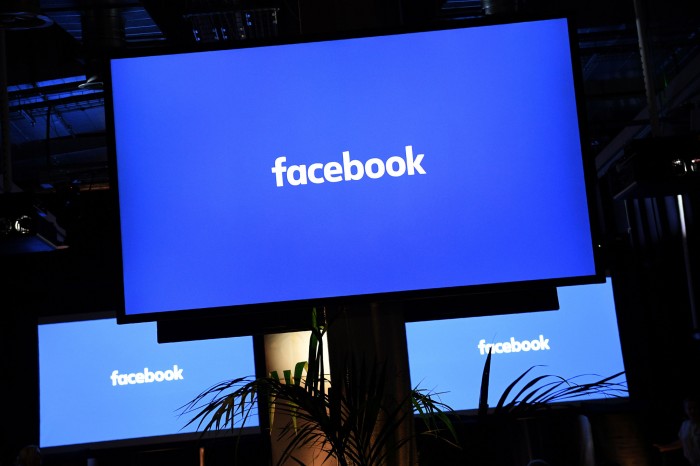Regardless of Its Influence on the Election, Facebook Needs to Change
The 2016 presidential election, more than any other before it, played out on social media. Now, Facebook is having to deal with a backlash from voters who blame its fake news for the result—but whether they’re right or wrong, the social network needs to respond to the problem.
Critics say that by promulgating fake and misleading news, Facebook brainwashed voters into electing Donald Trump as president. And because of the social network’s echo-chamber effect, those on the other side were unaware of the conviction with which many supported Trump.
It’s certainly true that Trump benefited during the race from the way social media can evade scrutiny. “Trump was able to get his message out in a way that was vastly influential without undergoing the usual kinds of quality checks that we associate with reaching mass public,” explained Ed Wasserman, the dean of UC Berkeley’s Graduate School of Journalism, to Bloomberg. “You had a whole set of media having influence without really having authority. And the media that spoke with authority ... didn’t really have the influence.”

Trump even explained over the weekend that social media was pivotal to his campaign. “The fact that I have such power in terms of numbers with Facebook, Twitter, Instagram, etc.—I think it helped me win all of these races where they’re spending much more money than I spent,” he said during an interview on CBS’s 60 Minutes on Sunday.
The more contentious issue is whether truly fictitious news also played a role in swinging the election in Trump’s favor. Stories that claimed Hillary Clinton was an arms dealer, or that Donald Trump was endorsed by the pope, for example, were complete fabrications. But as Wired notes, people read them. And surely many believed them to be fact.
Mark Zuckerberg, however, is adamant that they did not decide the election—a position he’s now spoken out about twice. Last week, he claimed that “the idea that fake news on Facebook ... influenced the election in any way is a pretty crazy idea.” And over the weekend he posted a lengthy note explaining that “of all the content on Facebook, more than 99 percent of what people see is authentic.” This, he claims, “makes it extremely unlikely hoaxes changed the outcome of this election.”
The question of whether such news did have an impact has commentators scrambling for a hot take that comes down on one side or the other. New York magazine claims that Trump won because of fake news on Facebook. Recode says that “if you’re blaming Facebook for the presidential election results, you’re an idiot.”
Neither is right.
It is undeniably the case that such stories will have shaped some opinions. It’s also the case that people consume media from sources other than Facebook. The truth is, Facebook alone did not bring about Donald Trump’s win.
The furor does, however, bring one thing into stark relief: Facebook needs to solve its fake news problem. Protestations from Zuckerberg that Facebook is not and shall not be a media company seem harder to accept when it continues to deliver such overtly fallacious content.
As Sam Biddle neatly puts it in a piece for The Intercept: “You can blame Facebook outright for Trump’s victory, or not. But at the very least, we should demand from them some accountability for their role in spreading the present toxic sea of deliberate misinformation and non-factual chaos.”
Mercifully, the New York Times suggests that some senior executives at Facebook are worried about the company’s influence. Zuckerberg has, somewhat vaguely, claimed that the social network will “continue to work on” blocking fake news, though he seemed to backpedal even from that, saying he wants to “proceed very carefully” because “identifying the ‘truth’ is complicated.”
He’s right, of course. But when you’re in control of one of the primary conduits through which over one billion people receive news and information, things can’t always be simple. It’s time to step up to the mark, Mark.
(Read more: New York Times, The Intercept, Bloomberg, “Facebook Tweaks Its News Feed Algorithm, and the Winner Is: Facebook”)
Keep Reading
Most Popular
Large language models can do jaw-dropping things. But nobody knows exactly why.
And that's a problem. Figuring it out is one of the biggest scientific puzzles of our time and a crucial step towards controlling more powerful future models.
How scientists traced a mysterious covid case back to six toilets
When wastewater surveillance turns into a hunt for a single infected individual, the ethics get tricky.
The problem with plug-in hybrids? Their drivers.
Plug-in hybrids are often sold as a transition to EVs, but new data from Europe shows we’re still underestimating the emissions they produce.
Stay connected
Get the latest updates from
MIT Technology Review
Discover special offers, top stories, upcoming events, and more.